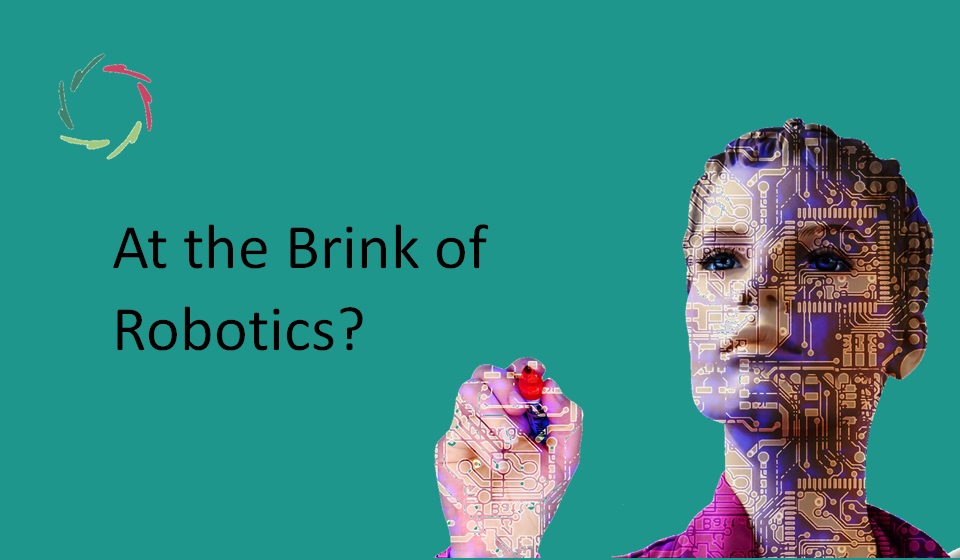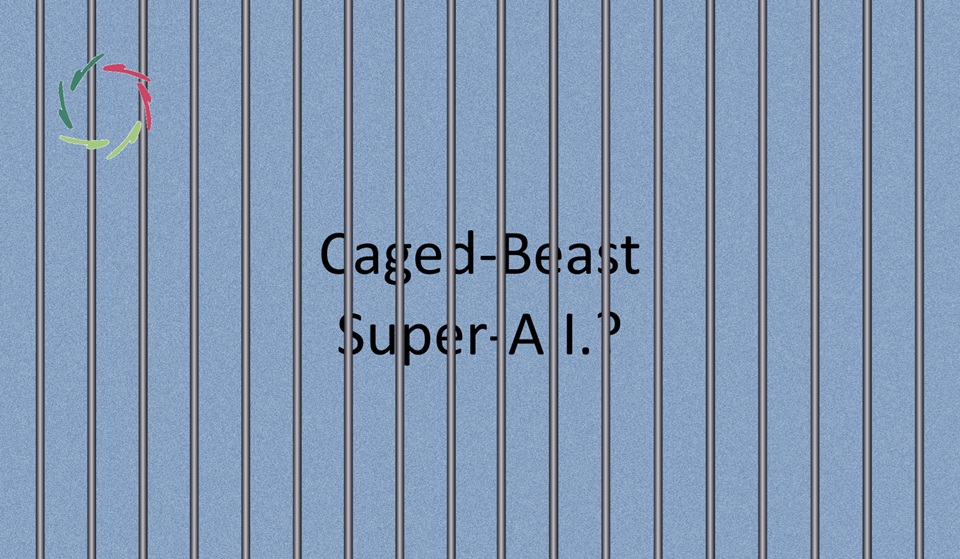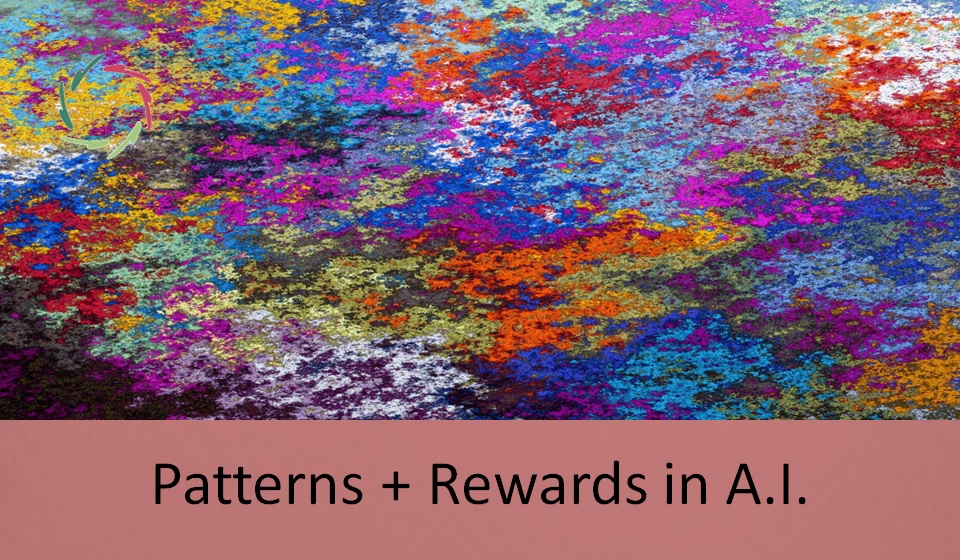At the Brink of Robotics?

Soon enough, we will see a revolution in robotics development on the scale of the present and pending A.I.-in-knowledge revolution.
Together, these revolutions will bring eu-topia or dystopia. We don’t know, but we should not remain idle.
Pretty much the same basic technologies
This is: apart from some translation that makes the analogies less obvious for the time being — apparently. I don’t know what is going on in many labs, of course.
What I do see is that the domains lead to mutual overhang of additional possibilities.
At a more abstract level
Without delving into the concrete – and always temporary – specifics, we can discern some obvious paths, interesting enough to consider. Meanwhile, the future will be the future. On the other side, we make the future.
Most abstractly, I see three pathways: trial and error, distillation, and conceptualization.
Reinforcement learning (RL)
More theoretically, trial and error. This has been the learning paradigm during most if not all of biological evolution — of complex entities in a complex environment.
Robotics follows suit. The search is on for the right reinforcements according to circumstances — by itself a complex endeavor. If this process becomes automatic/autonomous, we’re in for exponential not-to-be-foreseen growth, an essential change that will take us by surprise — no surprise in that.
The principles of RL in one domain are pretty much the same as in another.
Another principle, I would call ‘distillation.’
Transformer technologies are an example of this. As the term implies, an enormous amount of information is distilled into many parameters that may be transformed into the generation of ‘new’ information.
Is this a copy or something originally new? Eventually, the difference fades, also with experience. In robotics, it leads to many new experiences, learning, and getting away from copying. Soon enough, the difference will be irrelevant. Thus, by all means, the robot will be more able to become autonomous — not necessarily bad, but in need of consideration. The more so since we cannot control the robot’s experiences, learning, and – most probably – evolution of reinforcements.
Within an open (robotic) world, distillation is a path toward autonomy.
Toward even more distillation
We see some of this happening dramatically in the field of transformers. What recently needed many parameters already gets done with a few orders of magnitude less — making it quicker, cheaper, and more accessible on relatively simple hardware.
Surely, robotics can take advantage. Such distillation increasingly becomes an overhang that can be combined with other technologies.
Excitingly enough, but most distillation can be done by the following.
Conceptualization
This is not just ‘more distillation’ all the way through. With conceptualization, something happens at a different level, one that is irretractably irreducible. The difference is, therefore, not theoretical but practical — with the same result.
As we know from our human example, conceptualization leads to immense advantages and challenges. Let’s hope we can mitigate some of the challenges for our robotic counterparts.
It may be our most Compassionate responsibility ever.


